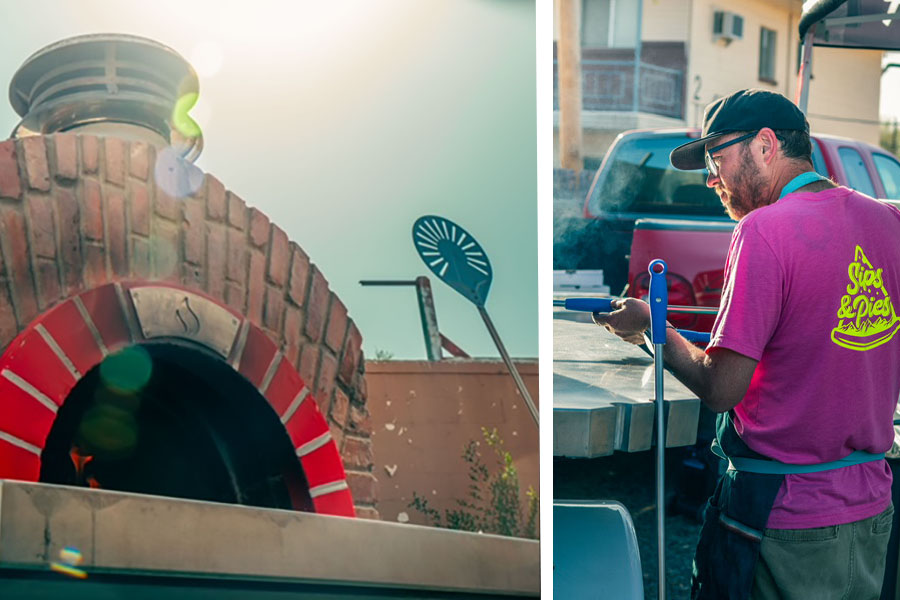You have a defined management structure, and your leaders have clear job descriptions. Now, you might be asking yourself, “How do I get the most from them?” This is where accountability comes into play.
There are some clever sayings on this topic — “You get what you inspect,” and “What you tolerate is what you procreate,” but communication is the most important characteristic for holding your team of managers accountable. Indeed, before you inspect their work (and decide what you’ll tolerate), your managers must understand your expectations and their personal accountabilities.

Nick Bogacz, founder and president of Caliente Pizza & Draft House in Pittsburgh
An easy-to-create and effective tool to accomplish this goal is what I call a “responsibility list,” which catalogs every task that must be completed at each of my stores, along with which manager is assigned to a given task. The responsibility list is the main tool in making sure everything in the store is cleaned, maintained and operating properly. Not only is it beneficial for the managers, but it’s helpful for me, too. If I visit a store and some TVs are not working, I know who oversees that. Or if I go into a store and the dough is not proofed correctly, I know just who to speak with for answers.
When it comes to full inspections, I refer to the list and identify about 100 key items, the ones that are truly important to the location’s vitality, to build a robust written inspection sheet for the stores. If something on the sheet is not complete, I can refer to the responsibility list and see who it is that I need to have a discussion with for an explanation. Creating clear lines of communication with the manager assigned to the incomplete item is important, and ideally the problem is solved quickly, but if the issue repeatedly occurs, that’s when the written documentation becomes important. Having a written record that can show precisely when the problem began provides you leverage if you need to have a difficult conversation with the manager or there is pushback in the discussion.
With those tools in place, these conversations have a more meaningful effect and produce the most results. Most people want to do a good job — they just need a clear definition of the task and what makes the completed job important to the store’s operations. When something is not meeting expectations, then they need guidance and teaching. So, rather than something to fear, our inspections often become teachable moments that continue to build our team and develop our managers.
It all goes back to holding the managers accountable — and it has a positive ripple effect. Once you build accountability with your direct reports, you can teach them to do the same with the employees who directly report to them. Suddenly, accountability is everywhere.
One way to really drive everything home and get the most from your team is through a rewards program. There are many ways we like to reward our teams, and in the next installment of Building Blocks, we’ll be diving into this truly fun part of the job.
NICK BOGACZ is the founder and president of Caliente Pizza & Draft House in Pittsburgh. Instagram: @caliente_pizza







